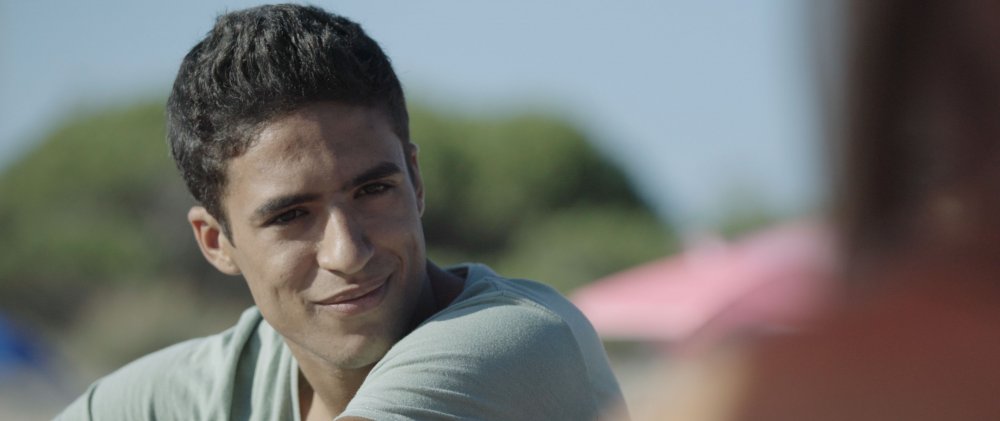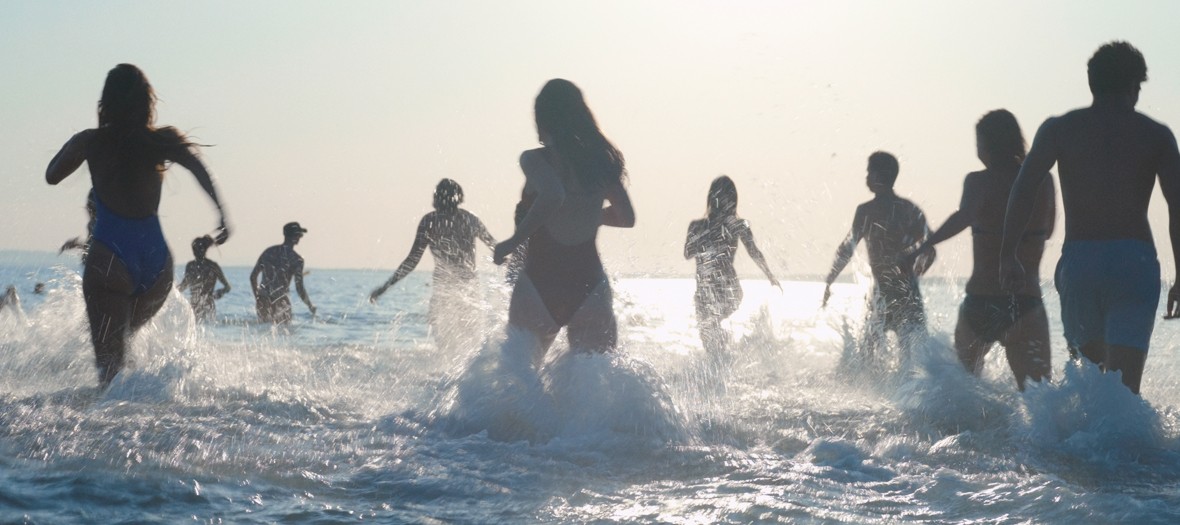The biggest re-evaluation comes with Charlotte's character, who we dismiss as a fool and a drama queen for being hoodwinked by Tony, who is obviously an untrustworthy rake. But like Amin, she turns out to be an outsider, and they unexpectedly end up hanging out at the end of the film. Even though there is a strong connection between Amin and Ophélie, he decides not to act on it when he realises that she’s a bit too much of a party girl like Céline. Instead it's Charlotte, now estranged from the rest of the characters, that he decides to spend time with. Perhaps her wish for a more serious relationship with Tony is what appeals to Amin, who is also after something more serious than a summer fling.
I am being more patronising than Amin, perhaps. But the film constantly reinforces his sense of superiority. Perhaps it would have been a stronger piece of work without an outsider at the centre. Amin is very obviously a stand-in for the director – he writes screenplays, is an amateur photographer, and wants to date Russian literature students. He’s a social class climber, who loves his community and his roots, but ultimately ran away to Paris to be a student and still wants to go and achieve greater things than work at a family restaurant, drink at the beach and clumsily try to seduce pretty girls on holiday.
There is something very weird about Kechiche, who not only alienated the stars of his previous hit Blue Is The Warmest Colour for the way he approached the filming of a lengthy sex scene, but is also now under investigation for sexual assault, to make a film about what flirting used to be like in the good old days of 1994. Mektoub, My Love is a mostly sunny paean to a time when this kind of brazen lasciviousness was totally one hundred per cent not a problem. None of the women mind being ogled by the characters and Kechiche's camera. They find it charming. The ageing pissed lotharios who feel them up are just good for a laugh. But at what point does flirting end and harassment begin?
It's all OK in the world of the film – the women like it, accept it, or save each other from unwanted attention. But the risk of misreading what's going on in such situations is severe, and I for one am not too sorry that this kind of behaviour is no longer acceptable (if it ever really was). Kechiche seems to be hankering for a time before the complications exposed by #MeToo surfaced, and people could run the risk of being more playful with each other. It feels suspicious – like he's trying to make excuses for himself.



No comments:
Post a Comment